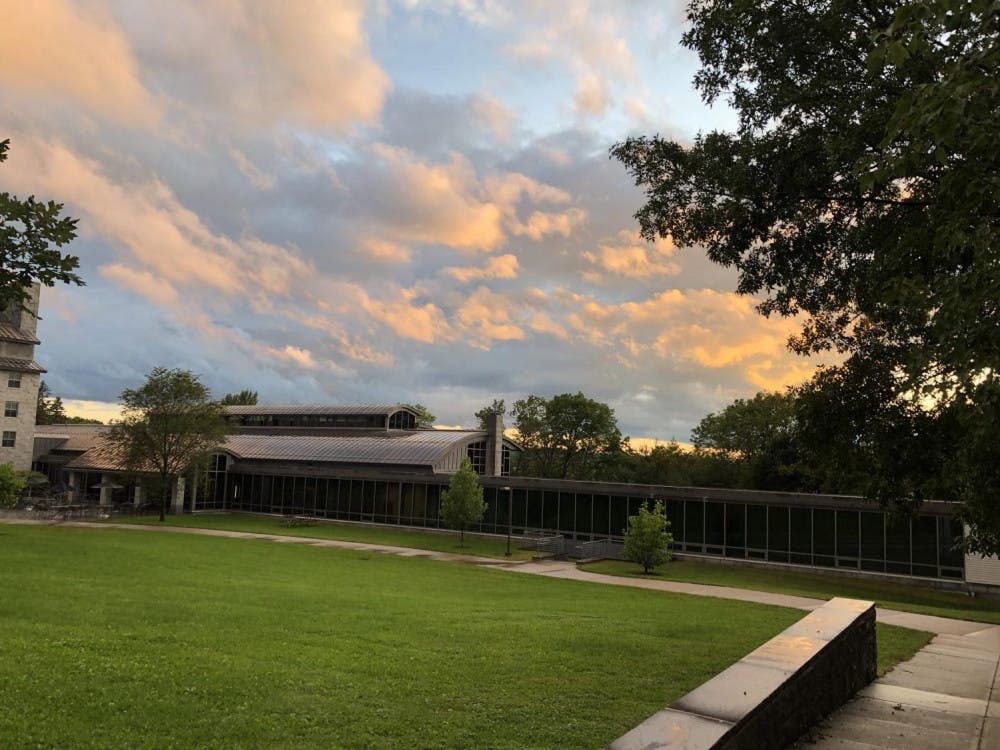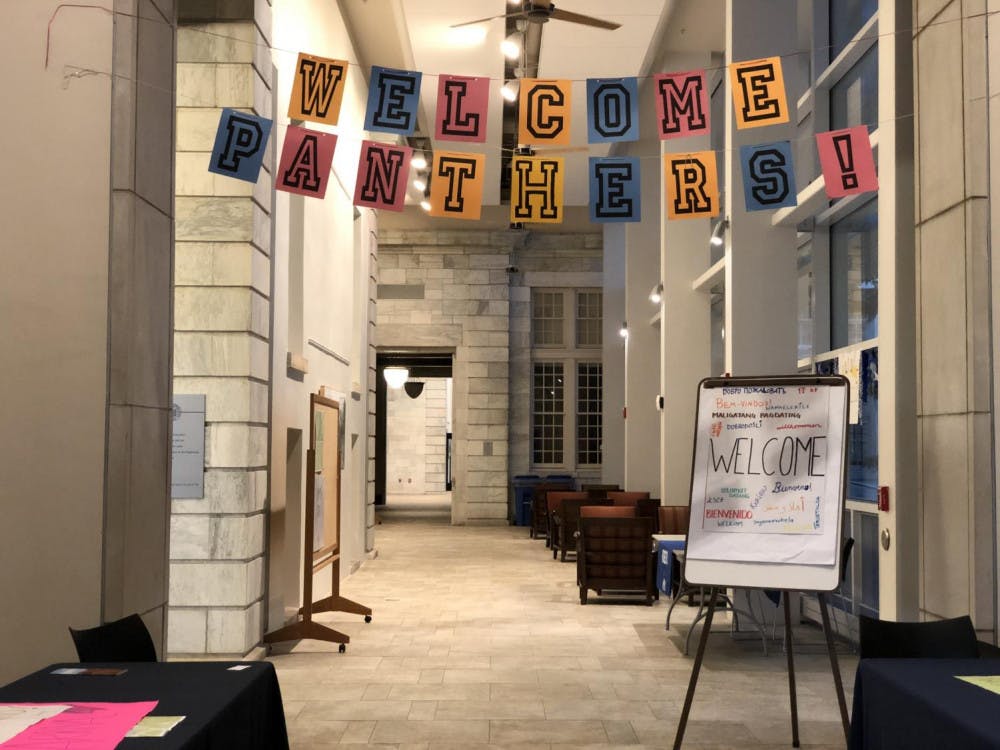The college is anticipating housing more students than usual on campus this fall, citing uncertainties about study abroad enrollment. As a result, the Office of Residential Life will be opening new housing that was not previously open to students and releasing more students than usual to live off-campus.
Middlebury is expecting “a higher number of students on campus in the fall than in previous years,” according to an email sent to all students on Monday, April 13. In an email to The Campus, Senior Associate Dean of Students Derek Doucet wrote that the college is not anticipating over-enrollment in its first-year class despite this year’s higher-than-normal acceptance rate. Rather, the anticipated boost in on-campus students is primarily due to a decline in the number of students who will be able to study abroad, amidst Covid-19-related restrictions.
If no students are able to go abroad this fall, which would be the worst-case scenario, the college would have to house roughly 200 more students on campus than during a typical semester, Doucet said.
According to the all-student email, Residential Life will be identifying new housing spaces on campus that were not previously available to students. They will also be releasing more students from the waitlist to live off-campus for the fall semester. A list of newly available residential spaces will be released to students prior to the room draw process, which has been delayed indefinitely.
“We’re brainstorming at this stage, and looking at a wide variety of options,” Doucet said. “In the process, we need to explore and balance considerations such as cost, present use, town zoning rules, etc. It’s too soon to share a list, as some options quickly prove unfeasible when explored, and new ideas are frequently being put forward.”
The school is looking into converting college-owned houses located on the periphery of campus into student residential spaces, according to Doucet. The college owns a number of properties like this, he said, but making them suitable for student housing is a complicated process.
One complication is that student residential spaces are required to have certain safety features, such as industrial fire safety sprinkler systems, which these houses currently don’t have.

The Ross complex will be one of many residence halls put under strain if the college is forced to house more students on campus this fall.
Additionally, town zoning laws prohibit the college from housing more than three unrelated people together in a house that is not already designated as a college residential space. Residential Life will have to collaborate with the town to re-designate these new living spaces to make them available to students.
However, despite these restrictions, Doucet is confident that if the school needs to find housing for as many as 200 extra students, they can.
“We’ve been charged with finding quality housing for all of those students, so we will,” he said.
One way to ensure quality housing options is by increasing the number of students allowed to live off-campus, although Residential Life is wary of this option. The college hopes to keep off-campus approvals as low as it can. “We’re a residential college, and the present situation notwithstanding, see tremendous value in the community living experience here on campus,” Doucet said.
Doucet stressed that these adjustments will be temporary. “We’re trying to address short term crisis-related challenges, not fundamentally alter the housing inventory at the college,” he said. “I do not anticipate any long term increase in off-campus housing.”
Students have expressed anxieties about housing since the re-assignment of some small houses as superblocks, and since the announcement of an 8% increase in the admission rate brought up fears of over-enrollment. However, the college maintains that it is not anticipating an unprecedentedly large incoming class.
Despite rumors about the return of the modular complex (or “mods”), which were constructed in the late ’90s and were only meant to last 10 years, Doucet says that they are not planning to bring back this housing option at the moment. “We’re not going to take anything off the table, but none of us want to see the mods come back, and we haven’t gotten there yet,” he said.
Having more students on campus will also inevitably impact the college’s course offerings this fall. As such, the college has postponed course registration until mid-summer, per an April 15 email from Dean of Curriculum Suzanne Gurland.

Riley Board '22 is the Editor in Chief of The Campus. She previously served as a Managing Editor, News Editor, Arts & Academics Editor and writer.
She is majoring in Linguistics as an Independent Scholar and is an English minor on the Creative Writing Track.
Board has worked as a writer at Smithsonian Folklife Magazine and as a reporter for The Burlington Free Press. Currently, she is a 2021-2022 Kellogg Fellow working on her linguistics thesis. In her free time, you can find her roller skating in E-Lot or watching the same sitcoms over and over again.




